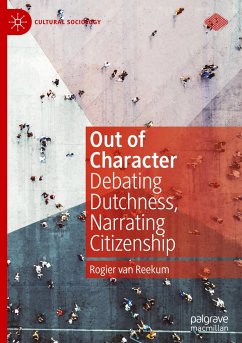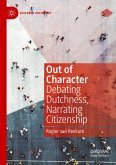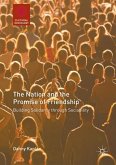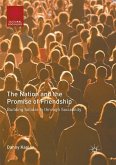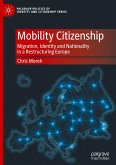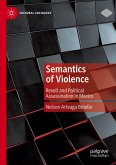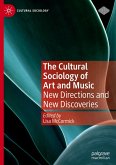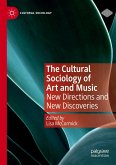This book offers a detailed and innovative study of the Dutch case of politics of citizenship and nationalism by focusing on public and political controversies in the crucial period of 1973-2015. By foregrounding the crucial role of performance and narration in public and political debates, this book shows how discourses of citizenship and nationhood are deeply shaped by established repertoires and long-lasting lines of disagreement about difference and belonging in the Netherlands.
While change did occur within the Dutch context during this period, this book reveals that these transformations were not primarily driven by purportedly permissive and accommodating responses to immigration and cultural diversity. Instead, it unveils a Dutch landscape deeply marked by challenges related to race, democracy, and liberal exceptionalism. In doing so, the book contributes to ongoing debates in the study of citizenship, nationalism, and intellectual history around the merits and limitations of liberal politics of inclusion. It critically extends concepts and arguments in cultural pragmatics and problematizes the common hope that public debate may progressively resolve antagonisms over difference.
With a focus on empirical research, the book meticulously reconstructs the emergence of national identity debates in recent decades and vividly portrays the dynamics and tensions of these public performances while dissecting their role in shaping the nation's identity and its boundaries. The book covers a crucial period of the European politics of citizenship and nationhood in which anti-immigrant politics, new modes of racism, and the bordering of Europe took shape. It locates the Dutch case within these developments and insists on the importance of historical continuity and narrative performance. This book demonstrates that the Netherlands, and Europe more broadly, has not overcome the profound consequences of its past.
While change did occur within the Dutch context during this period, this book reveals that these transformations were not primarily driven by purportedly permissive and accommodating responses to immigration and cultural diversity. Instead, it unveils a Dutch landscape deeply marked by challenges related to race, democracy, and liberal exceptionalism. In doing so, the book contributes to ongoing debates in the study of citizenship, nationalism, and intellectual history around the merits and limitations of liberal politics of inclusion. It critically extends concepts and arguments in cultural pragmatics and problematizes the common hope that public debate may progressively resolve antagonisms over difference.
With a focus on empirical research, the book meticulously reconstructs the emergence of national identity debates in recent decades and vividly portrays the dynamics and tensions of these public performances while dissecting their role in shaping the nation's identity and its boundaries. The book covers a crucial period of the European politics of citizenship and nationhood in which anti-immigrant politics, new modes of racism, and the bordering of Europe took shape. It locates the Dutch case within these developments and insists on the importance of historical continuity and narrative performance. This book demonstrates that the Netherlands, and Europe more broadly, has not overcome the profound consequences of its past.

